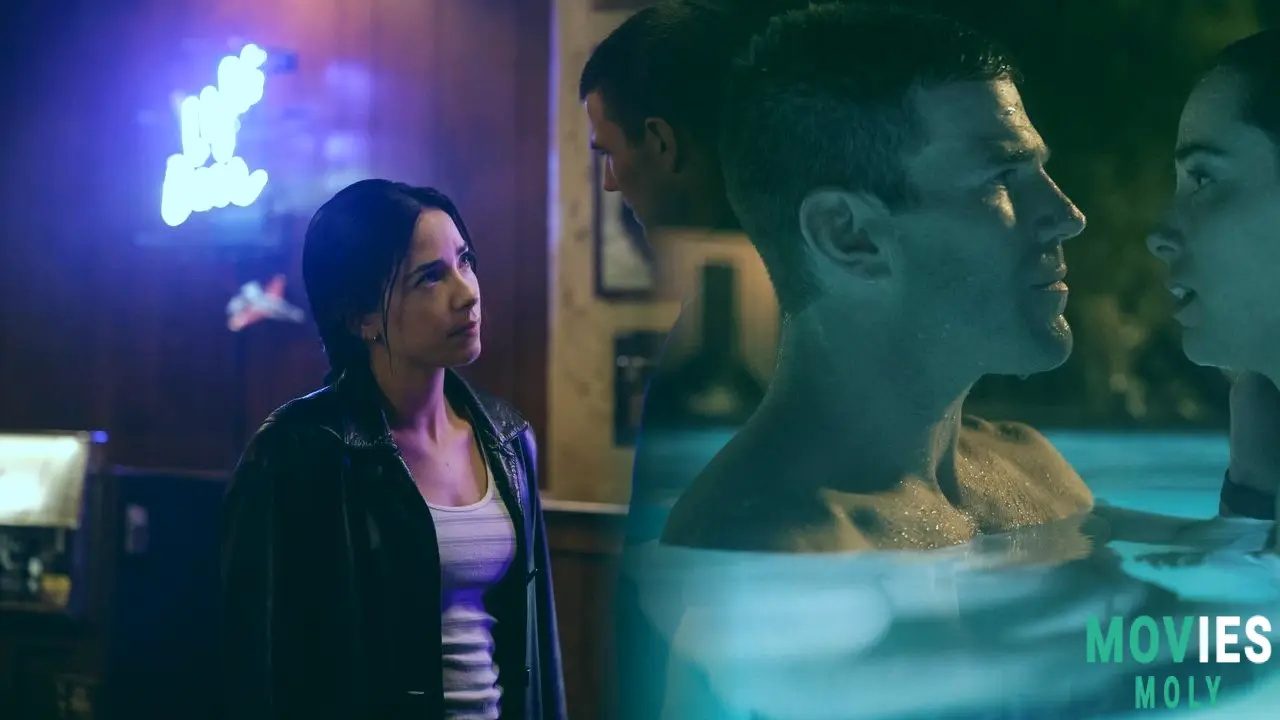After 18 episodes of emotional excavation into the soul of one of TV’s most iconic agents, NCIS: Origins Season 1 closed with a gut-punch that fans of the entire NCIS franchise won’t soon forget. The prequel series, which masterfully charts young Leroy Jethro Gibbs’ (Austin Stowell) descent into the hardened, silent warrior we know from Mark Harmon’s decades on the mother ship, left us with a cliffhanger so loaded with implications that it almost feels like a full reset for the character’s trajectory. And at the center of it all is Cecilia “Lala” Dominguez (Mariel Molino) — a character whose fate now looms large over Gibbs’ origin story.
The emotional weight behind Lala’s fiery and uncertain season finale exitIn a finale titled “Cecilia,” the series pushed Gibbs and his team into morally gray territory, testing loyalties and relationships in high-stakes fashion. Lala, who spent the season building a complex, flirty, and undeniably impactful rapport with Gibbs, made a choice that changed everything. After Gibbs eliminated Pedro Hernandez — the drug lord responsible for the death of his wife Shannon and daughter Kelly — Lala stepped in to cover for him. But when Special Agent Lara Macy (Claire Berger) began digging into the truth, Lala lied and claimed she was present when Gibbs pulled the trigger.
What she did next — driving off alone with a dangerous secret — led to the harrowing final sequence. Trying to avoid hitting a child in the street, Lala’s car spun out, rolled, and exploded in flames. The screen cut away before giving us any clear answer on her survival. Bloody, unconscious, and hanging upside down from her seat — was this the end for Lala? Or just the beginning of a new, darker chapter for Gibbs?
Showrunners tease Lala’s fate while keeping fans deliberately in the dark
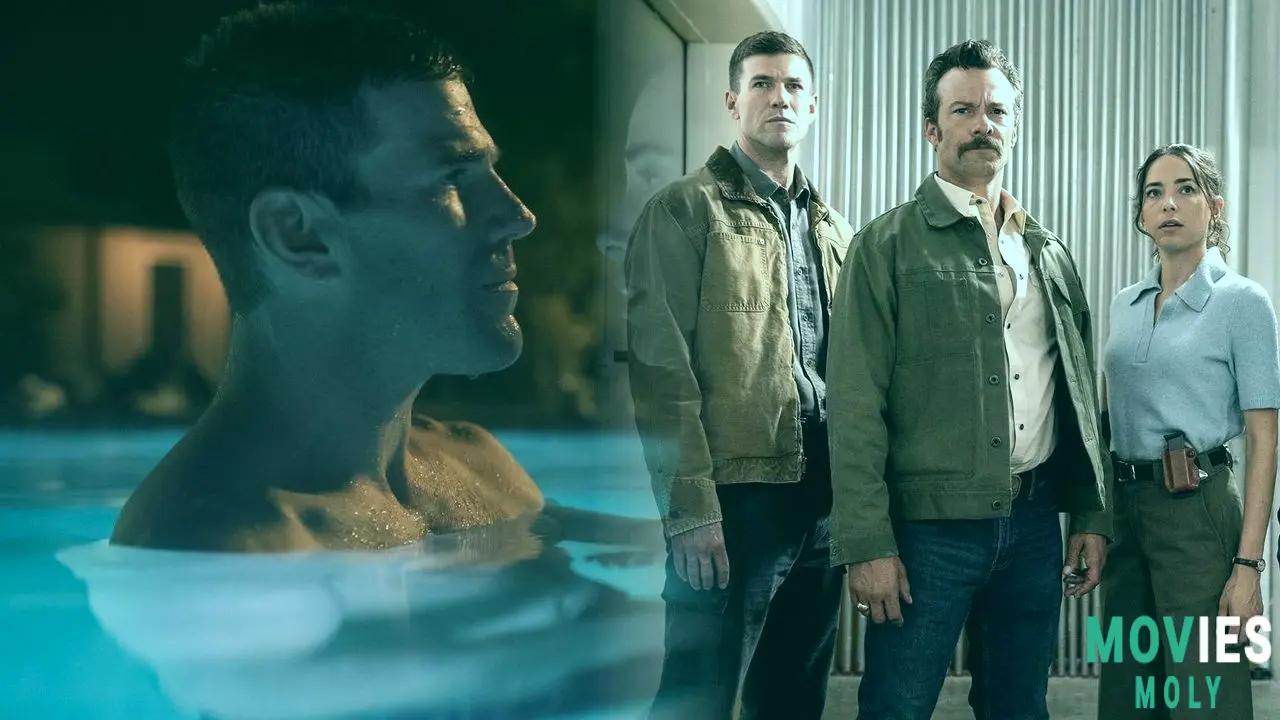
As MCU and DCEU fans have grown used to from big franchises, sometimes the most effective storytelling tool is suspense — and CBS is playing it perfectly. NCIS: Origins showrunners David J. North and Gina Lucita Monreal have refused to confirm or deny Lala’s fate, instead opting to let the impact of the moment linger. “We will neither confirm nor deny,” Monreal said when pressed about the crash. It’s a classic tease, but one loaded with promise for Season 2.
“We had to create a moment that was real, that resonated,” said North, reflecting on the emotional truth of the scene. “It’s the kind of moment that’s grounded in reality — where someone makes a split-second decision, and everything changes.” He also acknowledged the emotional parallel to the original NCIS series, where Gibbs’ partner Kate Todd met a sudden and shocking end. “That felt real and true in that moment,” he said. “That’s what we were aiming for again.”
Gibbs’ silent storytelling: What Lala’s accident means for his character arc
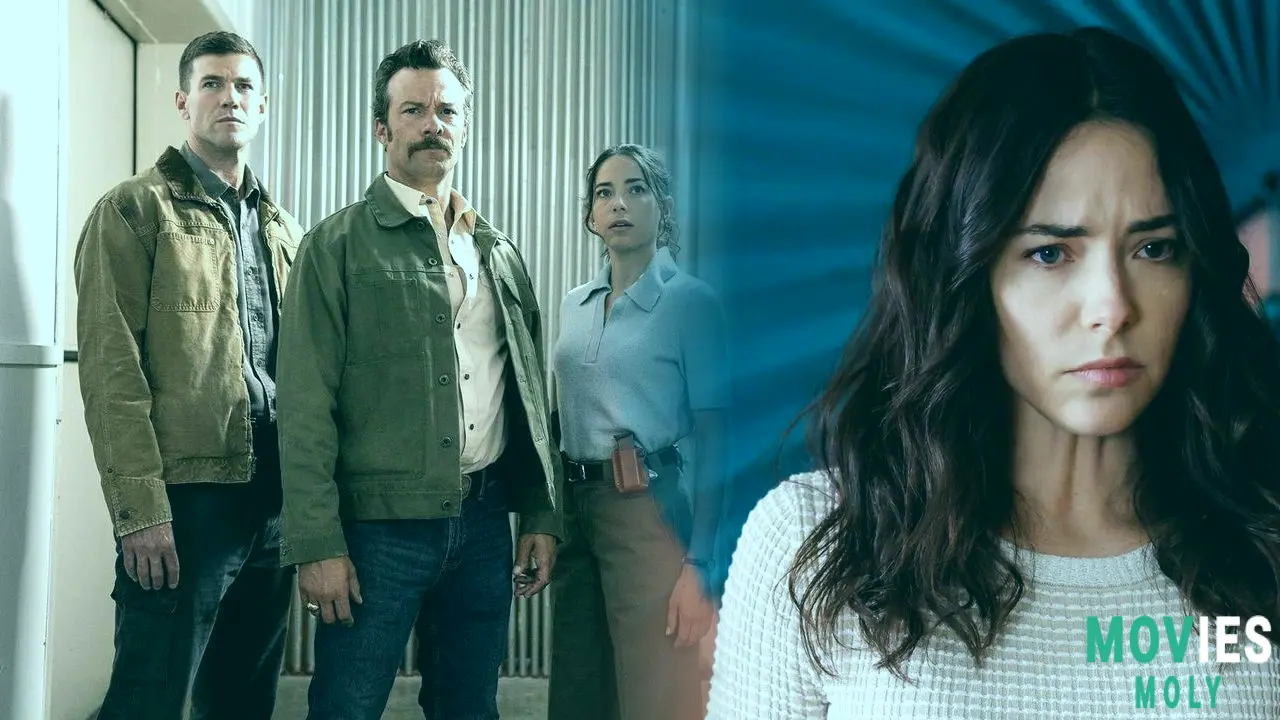
Austin Stowell’s portrayal of Gibbs is a masterclass in early emotional evolution. In an exclusive interview, Stowell described how Gibbs’ reaction to Lala’s possible death wouldn’t be impulsive — but deeply internalized. “This would be, what he would consider, another female loss at his doings,” Stowell explained. “It would make him draw more within himself. That’s the man he becomes — someone who trusts no one but himself.”
It’s a poignant insight into the psychological makeup of a character we've watched for years. Gibbs’ isolation isn’t just professional; it’s deeply personal. Losing Lala — especially after losing Shannon, Kelly, and even Ruth — could cement that isolation. But as Stowell wisely notes, this “Origins” Gibbs is still learning, still feeling, and still awkwardly grappling with connection. The pool scene between Gibbs and Lala might not have given us the romantic payoff we hoped for, but it gave us something more real: Gibbs choosing honesty over desire. And that makes the potential loss of Lala all the more devastating.
“This is a story I don’t tell”: Lala’s impact on Gibbs transcends time
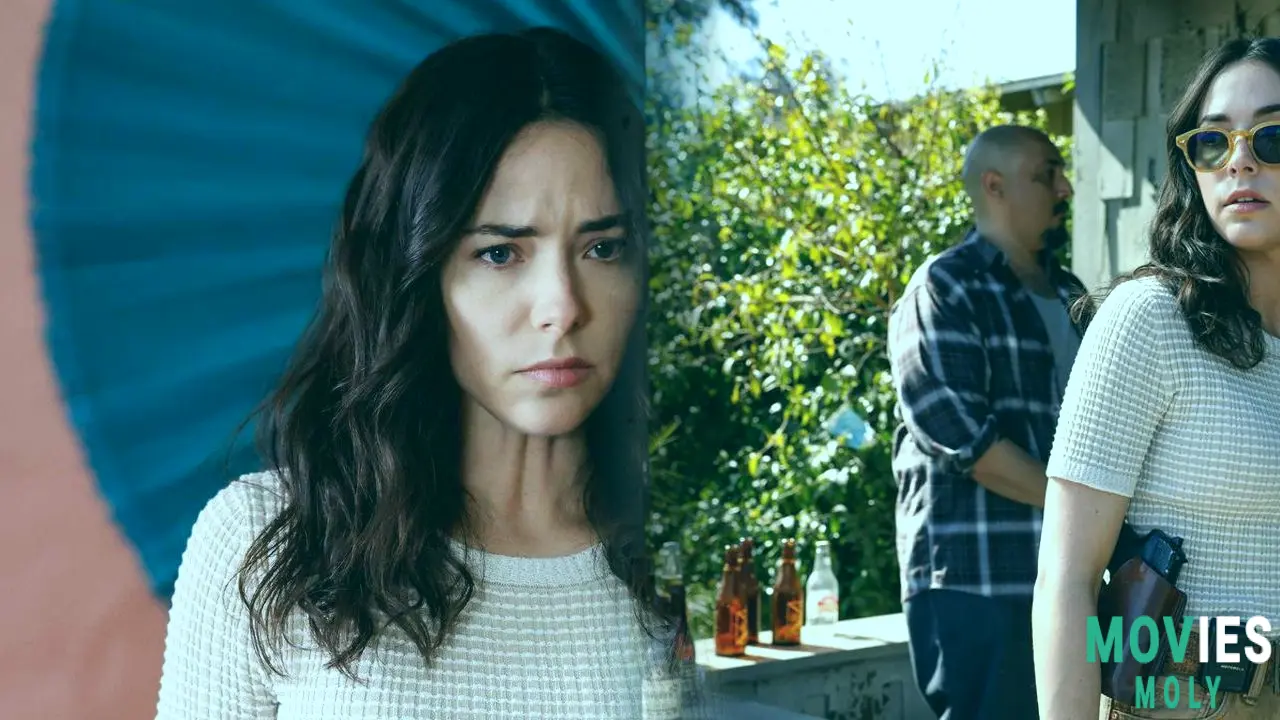
One of the most powerful moments in the finale is Mark Harmon’s voiceover — not as the older, seasoned Gibbs, but as a narrator reflecting on a story he never shared. “This is a story I don’t tell,” he says about Lala. And that’s what makes her role in this origin story so fascinating. She’s not just a teammate or a love interest; she’s someone whose impact on Gibbs was profound enough to leave him speechless decades later.
Mariel Molino called it “the story of her,” and that’s all we have for now. But the fact that Gibbs — a man defined by his stoicism and rules — has a story he can’t find the words for, says everything about Lala’s place in his life. Whether that story is one of betrayal, loss, redemption, or love, we’re only just beginning to understand its magnitude.
Season 2 promises to explore Gibbs’ deeper emotional scars and untold stories
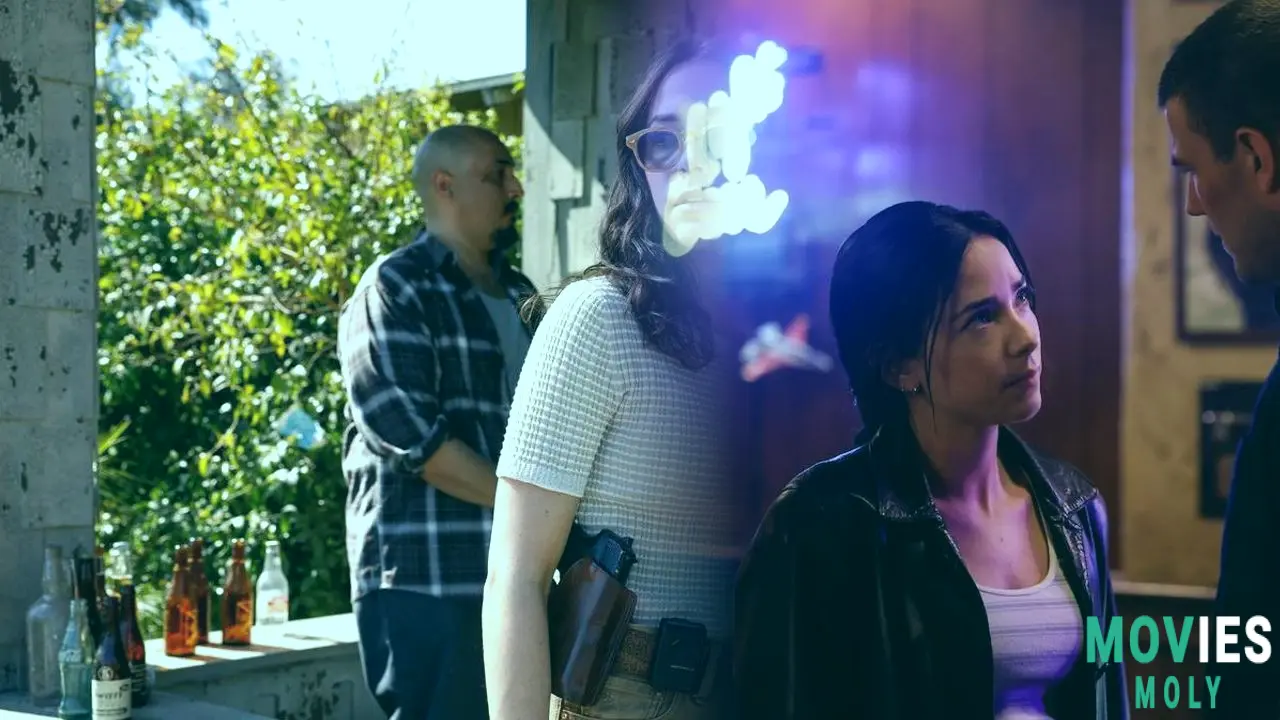
With NCIS: Origins already renewed for a second season, the questions left by Lala’s crash aren’t just plot hooks — they’re emotional landmines. Will Lala survive? Will Gibbs ever hear what she was going to tell him? And how will her story shape the man he becomes? The show’s creators aren’t just teasing us; they’re setting up a slow-burning character study that could redefine Gibbs’ entire mythology.
Austin Stowell says he’s excited to move past the “dark and heavy” material of season one and into a place where Gibbs starts to “come into himself.” But as he admits, that journey won’t be possible without first confronting the fallout of what happened to Lala. “The story that older Gibbs is referring to is still being told,” says North. And that story — the story of her — may be the most important one of all.

